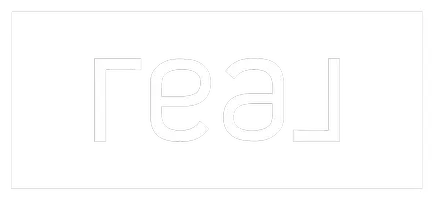Selling vs. Renting Out Your House: What to Consider
Deciding between selling your current home or renting it out comes with a few important considerations. While many homeowners choose to sell, others prefer to hold onto their property and lease it out. This choice often depends on factors like the local rental market, a low mortgage rate, or difficulty selling at the desired price. Here’s what to weigh as you consider your options:
LOCAL RENT PRICES
Research the rental market in your area. In some places, rental income can cover mortgage payments, insurance, and property taxes. If you have a low mortgage rate or significant equity, renting may be financially feasible. However, if you recently purchased your home with a high mortgage, the rental income might not cover these costs.
Check the going rates for comparable rentals in terms of size and location, and take note of the time on the market for similar rentals. If local properties sit vacant for extended periods, it may be harder to secure a steady tenant.
ACCESS TO EQUITY
Think about whether you need equity from your current home. If you’re buying a new property and need the proceeds from your current home for a down payment, selling might be more practical. However, if you can manage the down payment without selling, renting could be an effective way to build wealth in both properties.
MARKET CONDITIONS
Housing markets vary across regions and even within cities. In a slow market, renting may allow you to sell for a higher price later. But in a strong seller’s market, selling could be advantageous. Be aware that homes used as rentals may experience more wear, potentially requiring more prep work to sell down the line.
FUTURE PLANS
If your move is temporary, renting your home could be a good option. You can continue building equity and earning rental income while keeping the option open to return to the property later. However, maintaining a property from afar can be challenging.
TIME AND RESOURCES TO BE A LANDLORD
Becoming a landlord comes with responsibilities, such as handling repairs and staying current with tenant laws. As a landlord, you'll need funds on hand for maintenance, as well as an understanding of laws protecting tenants. Without these, unexpected expenses or legal issues may arise.
CONSIDERING A PROPERTY MANAGER
A property management company can help with tenant screening, rent collection, and repairs. This can be especially helpful if you don’t live nearby or if you’re interested in growing a portfolio of rental properties. A property manager can also assist with finding tenants quickly and ensuring the property stays well-maintained.
RENT-TO-OWN OPTION
You might also consider a rent-to-own agreement. Here, tenants make lease payments, part of which go toward a potential purchase at the end of the lease. This is an option if the housing market is slow, providing income without committing to a long-term rental.
IS YOUR HOUSE A GOOD RENTAL INVESTMENT?
Some properties are more suited for rental income than others. Location is crucial, as a home near desirable amenities or in a sought-after area is more likely to have steady tenants. Small upgrades, like fresh paint or new carpeting, may also help attract quality tenants.
Final Thoughts ON RENTING OR SELLING
The decision to sell or rent your home depends on local demand, financial considerations, and the home’s appeal as a rental. Consulting a real estate agent can help clarify your property’s value, market conditions, and whether renting or selling aligns best with your goals. With the right guidance, you’ll be well-positioned to make the most of your home’s potential.



